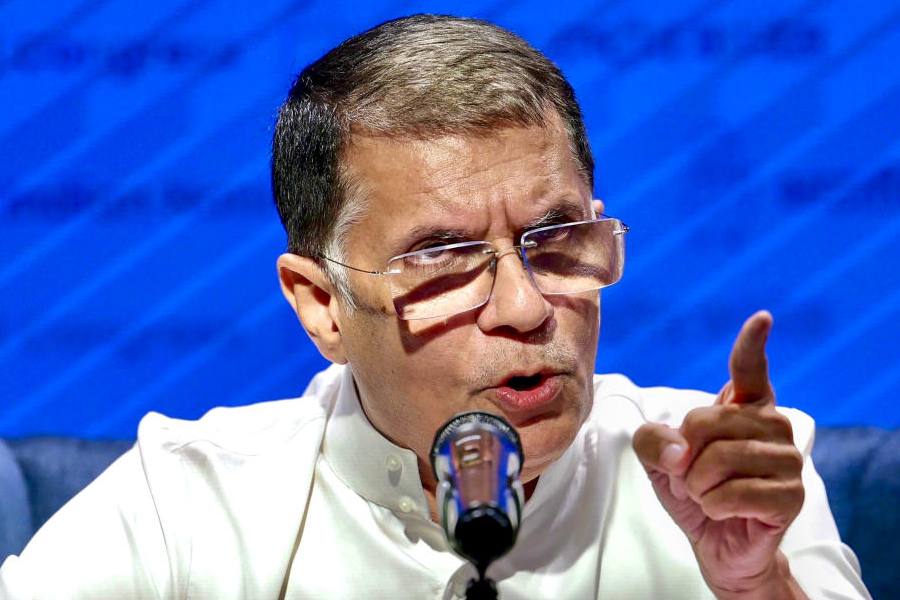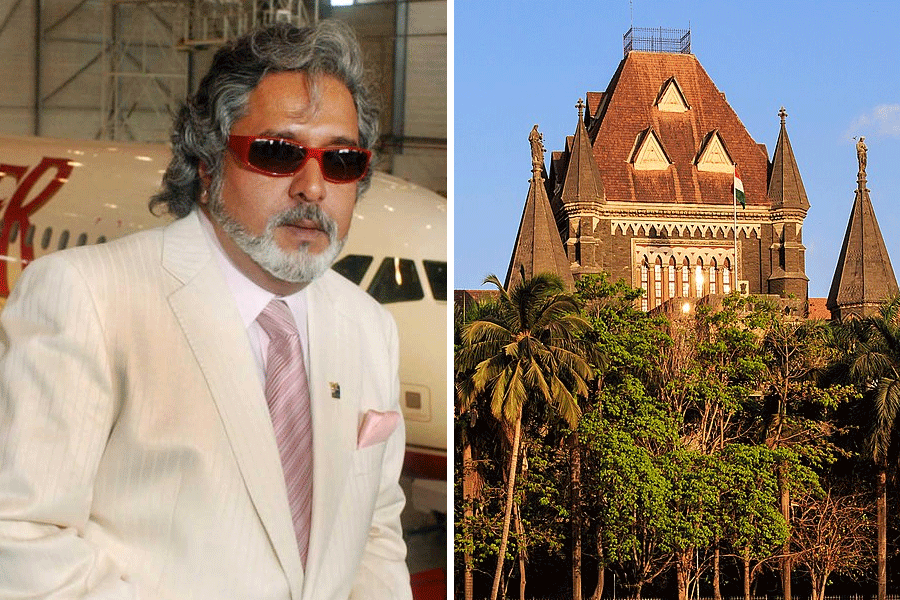 |
| Calls blocked: The Childline helpline is the only toll-free one in the country where street children can call for assistance |
“Didi, can you come? There’s been a fight at the station”
“Didi, can you help? The police have battered Raju”
New Delhi, Jan. 29: These are calls Childline volunteers are accustomed to when the phone rings at their offices across India.
It’s a tad different now. Thanks to a hoax on Facebook, the country’s only toll-free tele-helpline for street children has been receiving calls offering after-party leftover food.
“Hamarein yahan party hua hai, kuchh khana bacha hai, aap le jayiye,” the callers have been saying after dialling 1098, the helpline number.
Flooded with such calls, the Mumbai-based NGO has put up a disclaimer on its website, telling people that it does not pick up leftover food and appealing to the public not to circulate the post on the social networking site.
“We receive a deluge of calls asking us to pick up food from party venues. Our Mumbai helpline gets hundreds of calls from street children from across north and west India asking for help. Even if five calls are from people asking us to pick up leftover food, it’s a waste of our time. It means some child somewhere is being denied access to us. I suspect these hoaxes are generated by email data gatherers who are in the business of gathering databank of credible email IDs,” says Nishit Kumar, head, communications and strategic initiatives, Childline India Foundation.
Kumar says his organisation didn’t go to police, but traced the person who started the chain post. “He, of course, denied it, so we put up the disclaimer on the site.”
Sources in the cyber crime cell of Delhi police say they seldom get complaints regarding hoax posts as most users just decide to ignore them. According to them, most cases registered with them on Internet use deal with obscene messages and photographs uploaded on social networking sites.
However, according to www.hoax-slayer.com, a website dedicated to debunking — or proving false — email hoaxes, such cases are on the rise in India.
“I have noticed an increase in hoaxes that seem to have an Indian origin in recent months, especially on Facebook. While I do not have any concrete stats to back this increase, I’d suggest it may be because of increased Internet usage in India,” Australian Brett Christensen has said in an email reply to The Telegraph.
Recently, the website debunked one such hoax when it revealed that a popular chain post with hundreds of “shares” on Facebook was a fake. The post appealed to Facebook users to share the post 100 times to help pay for heart surgeries on children, with a phone number of a hospital in Bangalore.
The photograph with the post, which claimed to be that of a child on a ventilator in a Bangalore hospital, was found to be one of 15 children treated by a volunteer surgical team during a cardiac surgery mission to Ukraine in August 2008.
“I have found that virtually all of the ‘donations for forwarding or sharing’ hoaxes involve children. Generally, they claim that a company such as Facebook will donate money every time a message is shared or forwarded. Many of these hoaxes include a photograph of a sick or injured child which has usually been used without the permission or knowledge of the child’s parents or family,” says Christensen.
The hospital in question, Sri Sathya Sai Institute of Higher Medical Sciences, was inundated with calls after the post appeared. “Yes, it was bad. But the funny thing is that our institute does provide free heart surgeries. But that doesn’t depend on how many times the information is shared on Facebook,” said an institute trustee.
Christensen says there is no direct monetary gain from accumulating a large number of “shares”, but some people do it under the impression that a large number of shares means “increased status online”.










